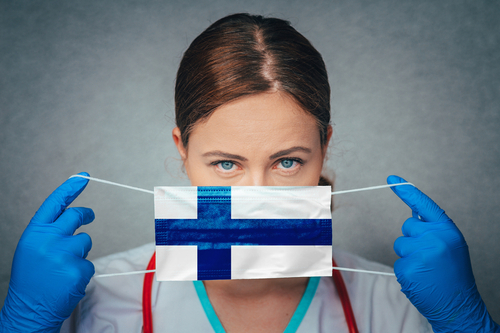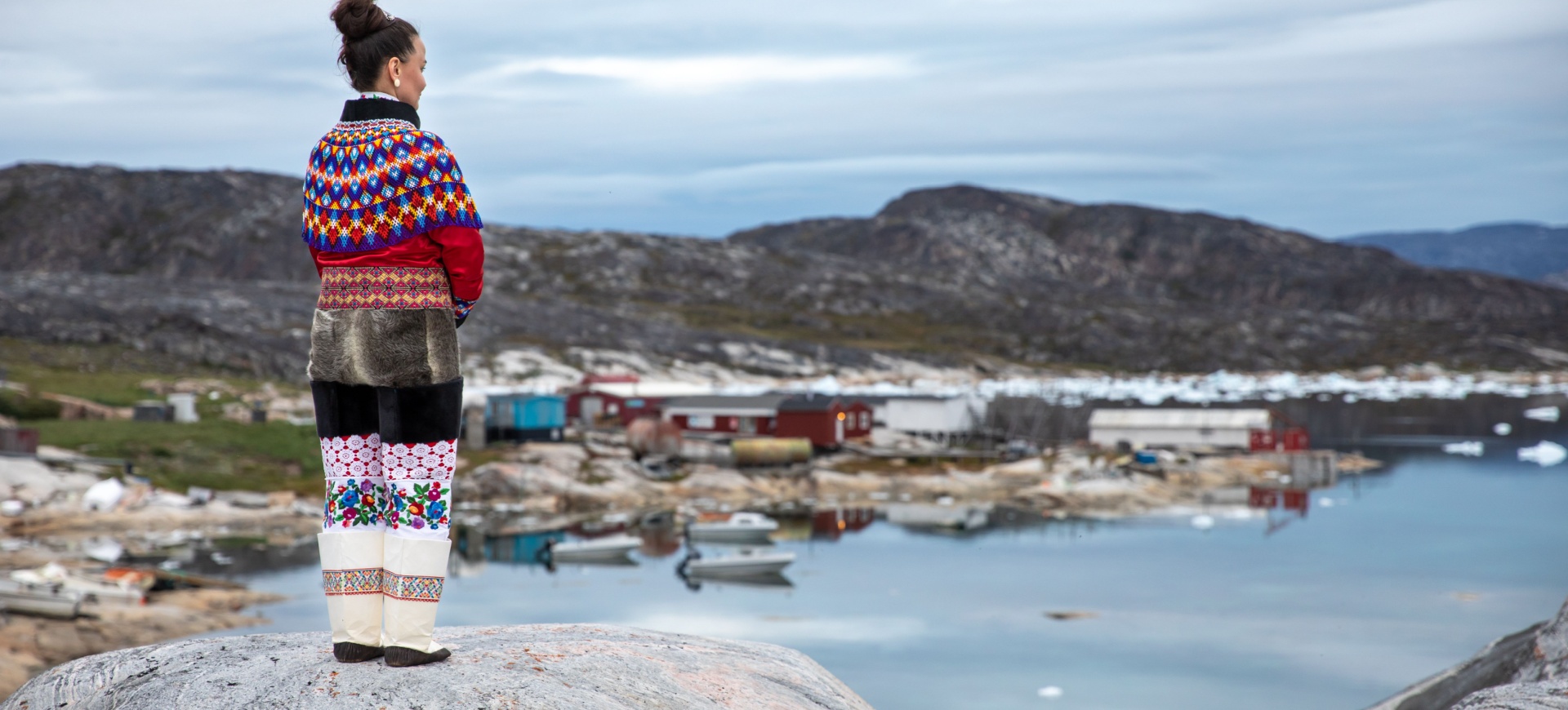Trust-based societies
The Nordic welfare model is built upon trust and transparency – an approach that Finland has applied to its pandemic response measures, which strike a balance between protecting the health of people and the health of the economy
The COVID-19 pandemic has highlighted how health and the global economy, development and the functioning of societies relate to one another.
The Nordic welfare model is built on the idea of a trust-based society. The measures put in place to contain the spread of the virus have been extensive and exceptional, but also necessary. With this in mind, it has been essential for Finland to consider all decisions that have an impact on fundamental rights very carefully. It has been of utmost importance for us to ensure that decisions are based on science and thorough impact assessments, and that the government is transparent in its decision-making process, working together with parliament, across the political spectrum and in consultation with stakeholders. Balancing the need to protect the health of people and the impact of these protective measures on society and the economy is not always easy. Through our hybrid response strategy, we have aimed to manage risks, increase predictability and avoid unnecessary control measures. Our main goal is to protect the people and ensure the functioning of essential services.
That said, the focus on the pandemic response does not lessen our duty to address other diseases and health needs. Population-level interventions and measures to promote healthier lifestyles help to reduce the burden of non-communicable diseases. Universal health coverage and social protection, in turn, lead to reduced health and welfare inequalities. Nevertheless, health inequalities still exist, and the ageing population will require more services moving forward. Our ongoing comprehensive reform of the health system and social services seeks to respond to these challenges, while also guaranteeing sustainable financing. Furthermore, as health is largely determined by actions beyond the health sector, we need to apply a ‘Health in All Policies’ approach, along with whole-of-government and whole-of-society models.
An economy of well-being
Protecting the vulnerable has proven to be a successful strategy in the pandemic response. A clear conclusion is that that idea of pitting health against the economy is based on a false dichotomy. We are convinced that moving forward, we need an economy of well-being that strengthens society and supports green recovery, increases well-being and improves our resilience to future crises. Investments in health and well-being, education and social security are prerequisites for sustainable economic, social and environmental recovery.
The pandemic has triggered a significant leap in digital solutions in health service delivery and public health functions. For example, in Finland, the COVID-19 contact-tracing app was downloaded 1.8 million times, or by 30% of the population, in just one week. Green growth, digitalisation, research and innovation are flagships of Finnish know-how. The boost in our biotechnology sector has been possible thanks to active government strategies accompanied by legislation and the creation of the necessary operational platforms. But innovations are helpful only if the entire population is able to use them: accessibility must be a key consideration in the development of technological solutions.
The unprecedented political commitment to common goods for health has spurred novel solutions to address the market failures related to COVID-19 commodities. The Access to COVID-19 Tools (ACT) Accelerator aims to secure equitable access to vaccines, therapeutics and diagnostics for all countries. Furthermore, we have seen a strong commitment to strengthening health systems. Preparedness and stockpiling have become valuable assets, as all countries have found themselves struggling to procure the necessary protective equipment and other commodities needed to manage the pandemic. It is important that we take the lessons learnt and innovative mechanisms forward beyond the current pandemic so that we can be better prepared for the future.
The World Health Organization has come under increased scrutiny, and several reviews are being conducted concerning its activities. Actors in the multilateral system must have clear roles and responsibilities, along with sufficient resources. The question for us member states is whether we are enabling the WHO to perform its role and mandate. Finland will take an active role in the discussions on how to enhance the WHO and pandemic preparedness across the globe. The current situation has highlighted just how much the world needs the World Health Organization.
Dependence on one another
It has become increasingly challenging to reach the global targets set in the 2030 Agenda for Sustainable Development and the Paris Agreement. As such, we must scale up our joint efforts if we want to get back on track. We need to set ambitious goals and protect our basic common values. Finland has a long tradition of promoting human rights for all. Human rights are a cornerstone of our foreign policy. We have been global leaders in promoting the rights of all women and girls and in advancing gender equality and sexual and reproductive health and rights. However, the global backlash against the rights of women and girls is an alarming trend. It is important to fight against any attempts to weaken the normative frameworks.
The need to address multiple simultaneous challenges – such as climate change, global inequity, migration, demographic change and pandemics – has increased our dependence on one another even further. In uncertain times, nations risk turning inwards and away from international cooperation. The European Union has both a special responsibility to counter this trend and an opportunity to show global leadership. As a member of the EU, Finland hopes that the United Nations will find a natural partner in the EU. Together, we can help to renew the global focus on making the multilateral system stronger and more effective, with the UN at its core. Global challenges call for global solutions. In order to act on the right and most effective scale, we need the UN now more than ever.











